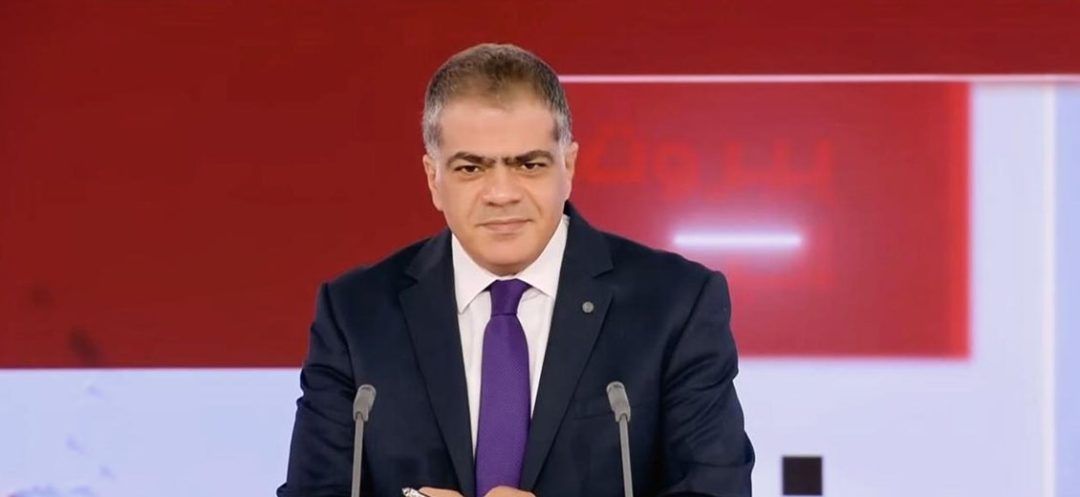
In the aftermath of an absurd war, presented as support for Gaza, the Banque du Liban (BDL) and the Lebanese government have once again been compelled to rely on palliative solutions in the absence of more radical alternatives.
In a memo signed by BDL Acting Governor Wassim Mansouri, banks have been instructed to provide beneficiaries of Circulars 158 and 166 with three monthly payments instead of one for the October deadline. The regular implementation of these circulars is expected to resume in November.
This directive will allow beneficiaries, based on their enrollment date in the circulars, to receive amounts of $450, $900, or $1,200 for October. This clearly indicates a temporary measure designed to offer financial support to households that are being forced to flee from bombing zones.
Unrealistic Salary Increases
During its recent meeting, Najib Mikati's government hurriedly approved the 2025 budget proposal, which should have been meticulously examined, article by article, to integrate practical measures aimed at extricating the country from the impasse it has faced since 2019.
During the same session, the government also enacted unrealistic salary increases for public sector employees, leaving both active and retired military personnel, as well as civil servants, at bay.
The decision includes a lump-sum financial assistance of 10 million Lebanese pounds, to be distributed on October 1, 2024, along with an identical payment on December 1, 2024. It also stipulates an increase in social allowances equivalent to 4 months' salaries, to be gradually disbursed starting October 1, 2024. The base salary used to calculate these social allowance increases is the one that was in effect in 2019.
According to caretaker Prime Minister Najib Mikati, the total cost of these salary increases is estimated to be nearly $40 million per month, a sum that the State has available in its account 37 at the BDL.
A Virtual Exchange Rate
“That's all this powerless government can offer to its citizens,” states Professor Maroun Khater, a researcher in finance and economics, in an interview with This is Beirut, where he sharply criticizes the “temporary palliative measures enacted by the government.”
He contends that neither the BDL’s decision nor the government's actions will yield any immediate impact on the exchange rate of the Lebanese pound against the dollar. He argues that “the pegging of the exchange rate at 89,500 pounds to the dollar is a political decision made in August 2023, which has neutralized the mechanisms of supply and demand, leaving the central bank as the sole speculator in the foreign exchange market.” In response to a question, Professor Khater emphasizes that the exchange rate's long-term stability is not guaranteed and warns that a prolonged conflict could resurrect old challenges.
Read more




Comments